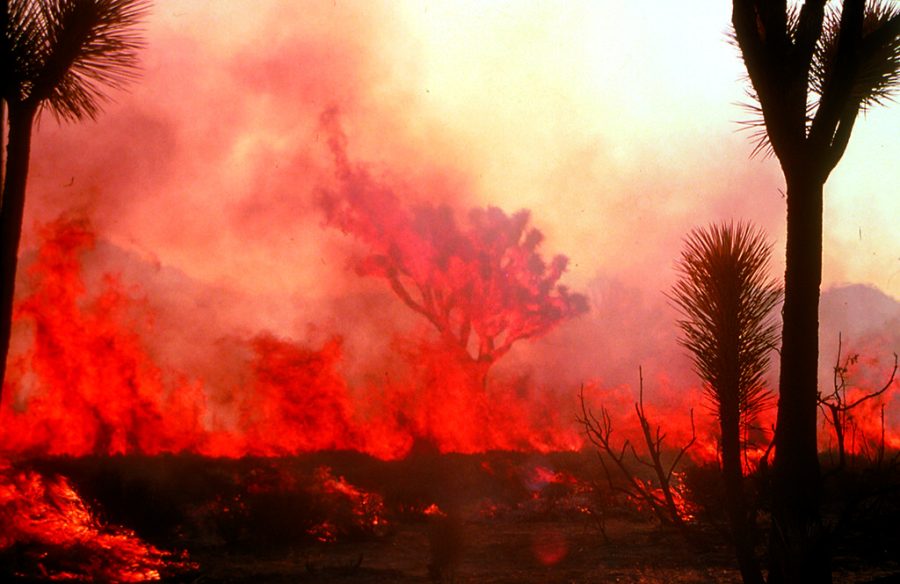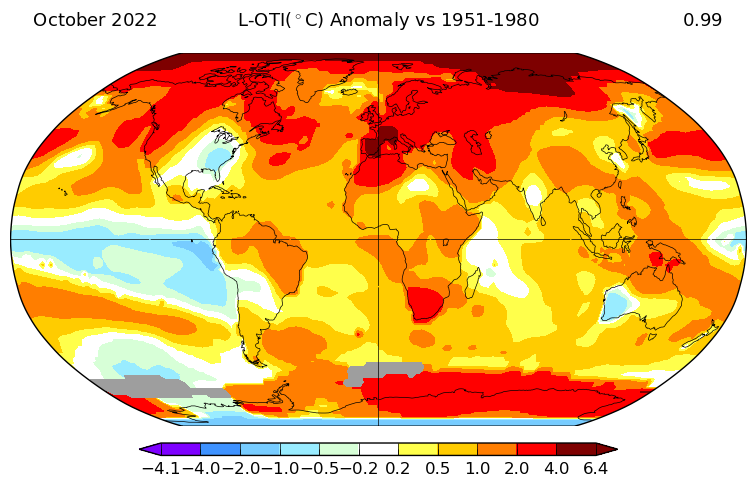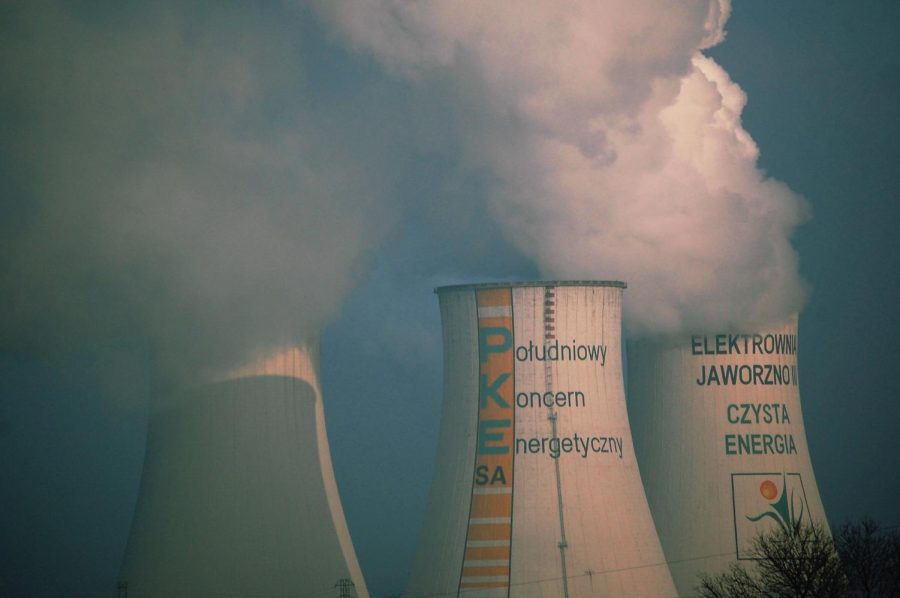Climate Change and The Duality Of Where We Stand
More stories from Mackenzie Greaney

Intense, destructive hurricanes in Florida; raging, out-of-control wildfires in California; drastic, sudden temperature shifts across the Midwest. For some people, this is ample evidence of the continuous effects of climate change. For others, it is just routine weather patterns that change day by day. The reality lies somewhere in between these viewpoints. According to the United Nations, climate change is a series of long-term shifts in temperature and weather that have been occurring throughout history, but since the industrial era of human involvement, the effects have become the main driver of increased environmental impacts.
Deborah Perdomo is a retired educator with over 30 years of experience teaching young students about the world around them in the state of Florida. She believe that climate change is an undeniable phenomenon that has played a significant role in affecting everyday lives of human beings across the world.
“It’s unfathomable,” Perdomo exclaims. “It’s going to impact our earth or hinder life itself.”
33-year-old Orlando local Toni Gandy agrees.
“The problem now is that the climate is changing too rapidly,and the globe is getting too hot,” said Gandy. “This is not an opinion – it’s environmental science.”
In fact, according to the New York Times 2021 article “The Science of Climate Change Explained: Facts, Evidence and Proof” by Geology Dr. Julia Rosen, the average global temperature has increased by 2.2 degrees Fahrenheit since the late 1800’s with the most significant changes occurring in the mid-to-late 20th century. As is typical in the environment, land masses have warmed faster and stronger than water at the surface, but the Arctic regions have had the largest increases – rising by over four degrees in just the past 50 years.

Not everyone is convinced that climate change has such an outsized impact on daily life. Ryan Ledbetter – a local living in Orlando believes that although extreme weather events have increased in both intensity and frequency in recent years, he, however, does not believe that it is a result of consumption and usage of regular folks. Ledbetter points out that the ozone layer that was a concern of the scientific community in the late 20th century has largely become a non-issue in the modern day.
“It’s been going backward and repairing itself for the last 30 years now,” said Ledbetter.
The National Oceanic and Atmospheric Administration commonly known as NOAA, released a study earlier this year that found that the latest absorption of substances that deplete the ozone in the middle-latitude stratosphere layers of the atmosphere – where much of the ozone layer largely resides – fell just a little over 50 percent. These are the same levels that were last observed in 1980.
Christopher Meeks said he is relatively neutral on the issue of climate change and wants to learn more about it before taking a definitive stance. He does believe that some of the technological advances such as nuclear power, that were created as a result of years of emphasis on finding alternatives to the emissions caused by fossil fuels, have been beneficial to society.
“Nuclear power is safe and extremely advanced, and powerful,” said Meeks. “[Climate change] doesn’t affect me right now. It enforces my neutrality on it all.”

Ryan Ledbetter, likewise, pointed to nuclear energy as one of the solutions to reducing reliance on fossil fuels. He hopes that more regulation of the oil companies could accomplish that task.
“Screw oil companies,” said Ledbetter. “Legally require them to cut their percentage by a certain year.”
Furthermore, he emphasized that nuclear energy is cleaner for the environment as well.
“Nuclear waste can be entirely recycled now,” explained Ledbetter. “The only thing it would release into the air is steam.”
Toni Gandy also thinks that there are many ways of adapting to more eco-friendly lifestyle.
“I have never been someone who goes with the grain, and I have developed personal values and accountability,” said Gandy. “When it comes to my treatment of the environment – simply put – if you know better, do better, and I make a point to know better.”
By and large, the collective agreement is that climate change ought to be addressed in some way and educating the public is the best way to achieve effective change.
“The problem needs to be managed,” said Deborah Perdomo. “It is like a disease with no cure. You can’t eliminate the disease, but you can manage it.”
